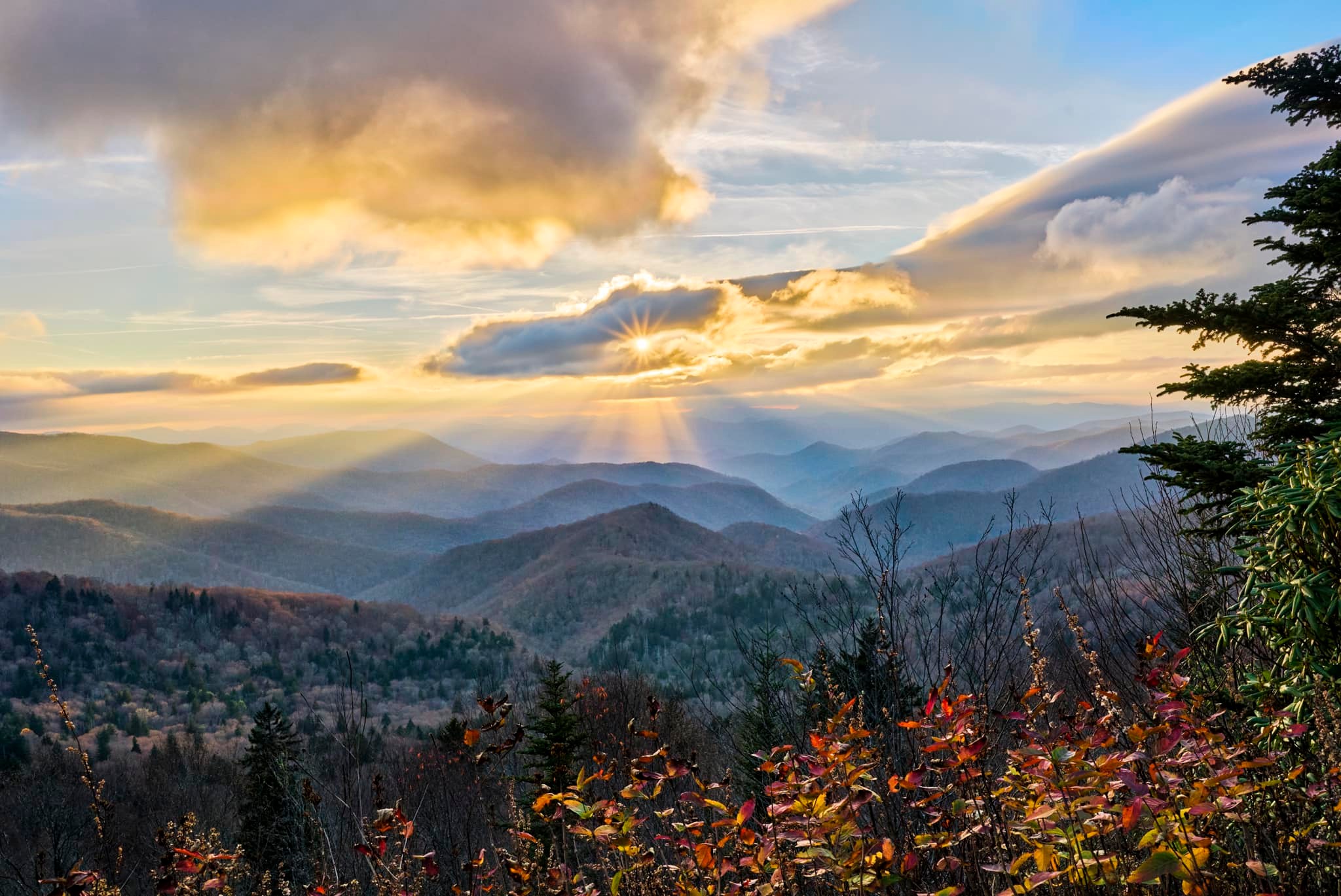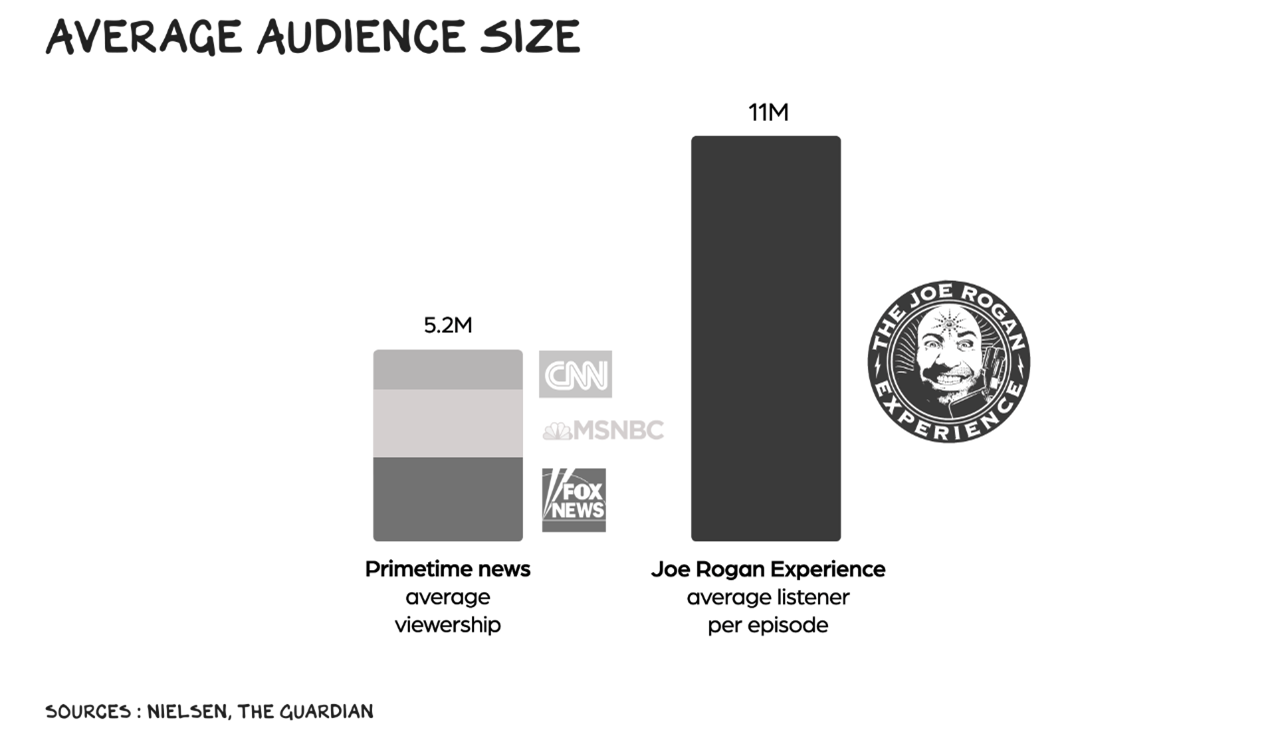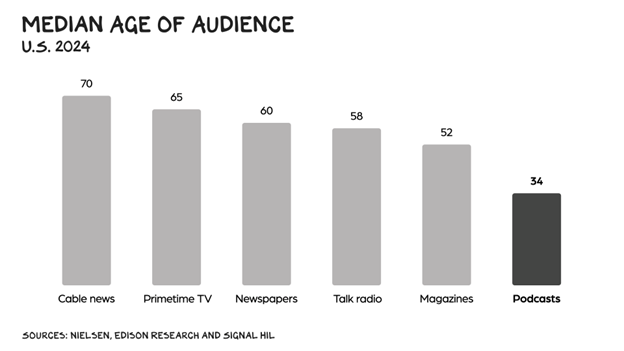The Daily Escape:

Bear Trap Gap, Blue Ridge Parkway, NC – November 2024 photo by Mandy Gallimore
Wrongo had not heard of the Manosphere until the last weeks of the election. It’s an emerging term for disaffected young men who make up one of the voting blocks that carried Trump into office. From Wired:
”You’re going to hear a lot of people attribute Trump’s win to all kinds of reasons: inflation fatigue, immigration fearmongering, President Biden’s doomed determination to have one last rodeo. But he owes at least part of his victory to the manosphere, that amorphous assortment of influencers who are mostly young, exclusively male, and increasingly the drivers of whatever monoculture remains in an online society that’s long since been fragmented all to hell.”
From Professor Galloway:
“…this election gave us the opposite of the expected referendum on bodily autonomy; it was the Testosterone Election. The only thing I’m (fairly) certain of is what medium played a pivotal role, for the first time, in young people’s decision to violently pivot to Trump: podcasts.”
And that’s what this post is about. How Trump used the podcasting marketplace in a way that Harris didn’t. When a presidential candidate wins, their campaign staff, strategy, and tactics are paraded in the political press as genius. From Kyle Tharp:
“Despite billions of dollars spent each cycle, specific campaign tactics can only make a difference at the margins and in key moments. In such a noisy information environment, it’s difficult to say what, if any, tactics or strategies made the difference for Trump’s win. Politics isn’t science, and insidery persuasion ad testing can sometimes be just as useful as well, vibes.”
More from Galloway:
“Almost half of adult Americans, 136 million people, listen to at least one podcast a month. The global audience is now 505 million, a quarter of the internet’s reach. When Trump went on Joe Rogan, Lex Fridman, and This Past Weekend w/Theo Von, he was embracing the manosphere and riding a tectonic shift in media: The most efficient way to reach the largest and most persuadable audience (i.e., young men) is via podcast. Nothing comes close.”
This is a marketplace where Trump had a distinct advantage: his son Barron. The 18-year-old persuaded his dad that the world of bros, dudes, online pranksters and ultimate fighters could be a potent political asset.
“All I know is, my kid said, ‘Dad, you have no idea how big this interview is!’”
That’s because of its scale. “60 Minutes”, probably the most famous and most watched news program on network TV, interviewed Harris and got six or seven million viewers. Joe Rogan interviewed Trump on his podcast and it got more than 50 million views. Traditional media can’t compete.
Trump sat with all of the big Manosphere players, often for hours, reaching millions of conservative or apolitical people, cementing his status as one of them: a guy with clout, and the apex of a model of masculinity that prioritizes fame as a virtue unto itself. For many young voters who weren’t paying attention in 2016 and 2020, a generation that overwhelmingly gets their news from social media feeds rather than mainstream outlets, this was also their first real exposure to Trump. From Galloway:

The calculus is simple math: Just as newspapers lost relevance to Google and Meta, cable news is losing relevance to podcasts. There are tons of reasons why we are in this position — COVID, inflation, an unpopular President, several political miscalculations, and a failure by Democrats to adapt to a changed media environment.

The Trump campaign’s embrace of long-form podcast interviews (he did more than 20 of them) helped humanize him and provide voters with new information about someone who has been in the public eye for decades. Those sit-downs were critical at reaching key audiences of disengaged voters who likely turned out for Trump in droves.
This is a hard reality: If Democrats want to reach men, (and they must), traditional media is dead.

A sad comment about the acceptance of of our 2nd class citizens, women!
Wow! This old guy is really out of it. These data slid by my limited awareness (even though one of these 20-something males lives part time in my home and I know he gets almost all of his news online.) Despite spending 4-5 hours of my typical day reading and watching cable TV news, I was totally unaware of the scope of Trump’s emphasis on online media.
I still hang onto the notion that many people ACROSS WIDE RANGES OF AGE AND IRRESPECTIVE OF GENDER (AND PERHAPS ECONOMIC LEVEL) were not ready to elect a woman to the presidency, especially a woman of color. Contrary to the “source of news” metrics, hard data on the relative effect of misogeny/racism will not be available. Only some unknowable fraction of the voting public would admit to it to themselves, let alone a pollster.